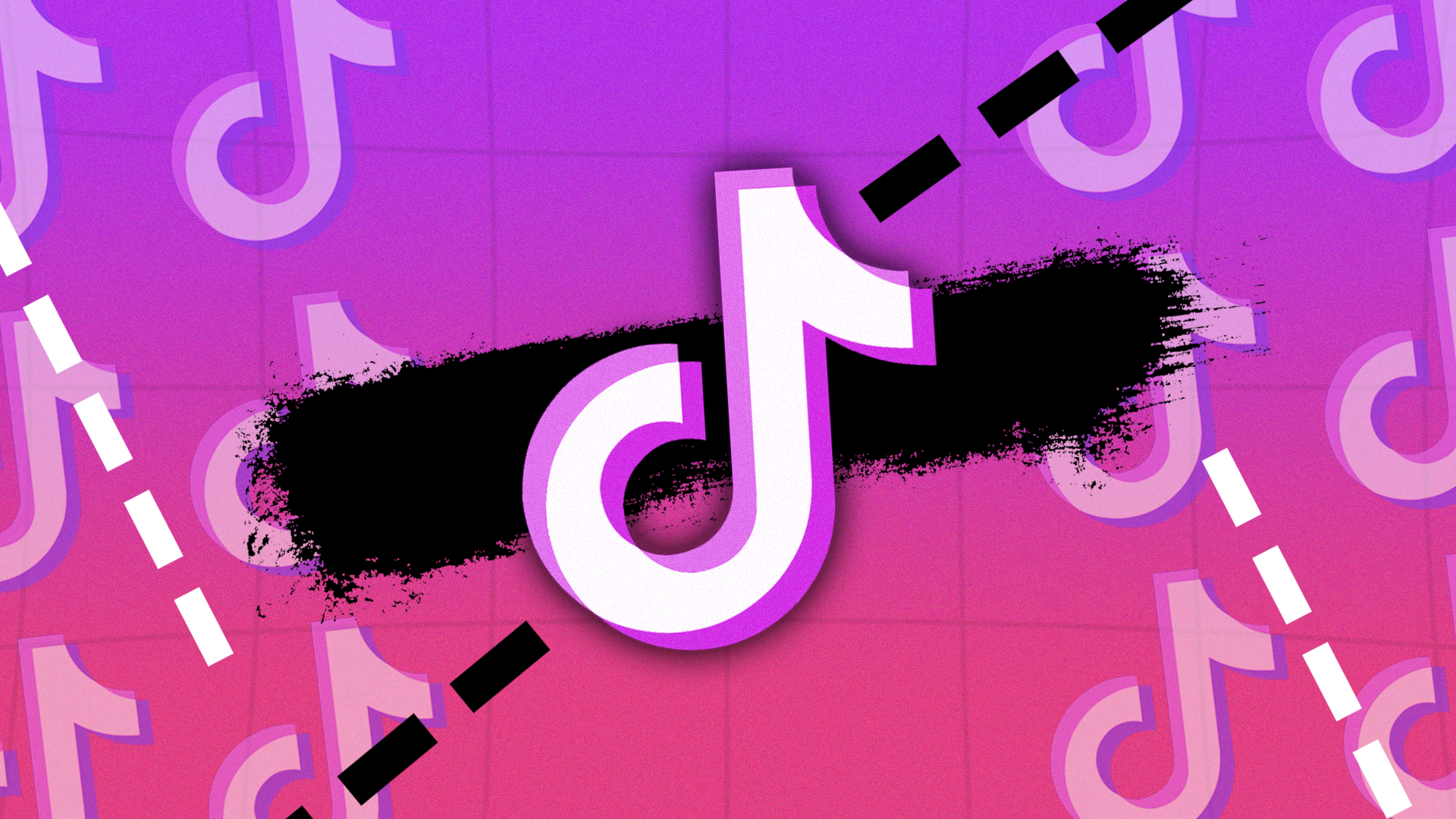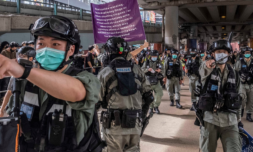Cyber-experts are claiming that 2020’s number one app is a shady front for Chinese spyware and mass censorship.
Suggestions that ByteDance’s ‘innocuous’ short-bite video app TikTok has all the makings of a totalitarian plot hatched by the Chinese government are looking more plausible by the day. Suffice to say, people are freaked.
Months of bad publicity
Two months ago, an anonymous software engineer with 15 years of experience claimed he had successfully reverse-engineered TikTok. Within its inner workings, he pointed to all the makings of a comprehensive data collection service, and not a conventional social networking site.
Having supposedly used his hacking nouse to previously break into the mainframe of all the chief social media platforms, the self-confessed ‘bug hunter’ alleged that weighing Facebook, Instagram, Twitter, or Reddit against TikTok in terms of data recorded on its users is ‘like comparing a cup of water to the ocean’.
In a detailed breakdown on Reddit, the elusive Bangorlol asserted that TikTok’s internal systems are recording everything; from the apps we download/delete, our phone hardware IDs, disk spaces, and cpu types, to our local IPs, WiFi access points, and live GPS pings. Pointing toward the possibility a cyberespionage operation – the use of computer networks to access confidential information typically held by government agencies – Bangorlol implored users not to use TikTok any longer.
Fast forward to June, and these claims began to snowball into the mainstream media. A beta version of Apple’s iOS 14 discovered that TikTok had been secretly accessing users’ clipboards (internal storage of copied links and messages), and the backlash was almost instantaneous online. Despite TikTok’s rebuttal that this was an inadvertent technical bug caused by an anti-spam filter, the damage was done. The boy had cried wolf too many times.
Delete TikTok now; if you know someone that is using it explain to them it is essentially malware operated by the Chinese government running a massive spying operation. https://t.co/J7N9FS7PvG
— Anonymous (@YourAnonCentral) July 1, 2020
A colossal blow for ByteDance
With military tensions already bubbling over between India and China regarding trade precedence at the Himalayan border, Apple’s discovery proved to be the final straw for government officials in New Delhi; who deemed TikTok a possible counterintelligence threat from China
On Monday (29th), a nationwide ban on TikTok and 58 other Chinese apps was announced with all entries being immediately pulled from the App Store and Play Store in India, dealing a painful blow to Beijing-based parent ByteDance. Just for context, India makes up 610 million of the platform’s downloads – compared to 165 million in the US. With such a sizeable outage, you’d expect TikTok’s astronomical engagement levels and revenue will take a serious hit in the months ahead.
If that wasn’t enough to keep ByteDance seniors awake at night, the 2020 resurgence of hacktivist outfit Anonymous announced on Twitter just days ago that it had named TikTok its latest target. Citing the Bangorlol leaks and bringing them back into widespread circulation, Anonymous lamented TikTok for apparently masquerading as its collective on the platform using a fake account, vowing: ‘We do not appreciate false flag impersonations. There will be consequences’.
— TikTok India (@TikTok_IN) June 30, 2020




















